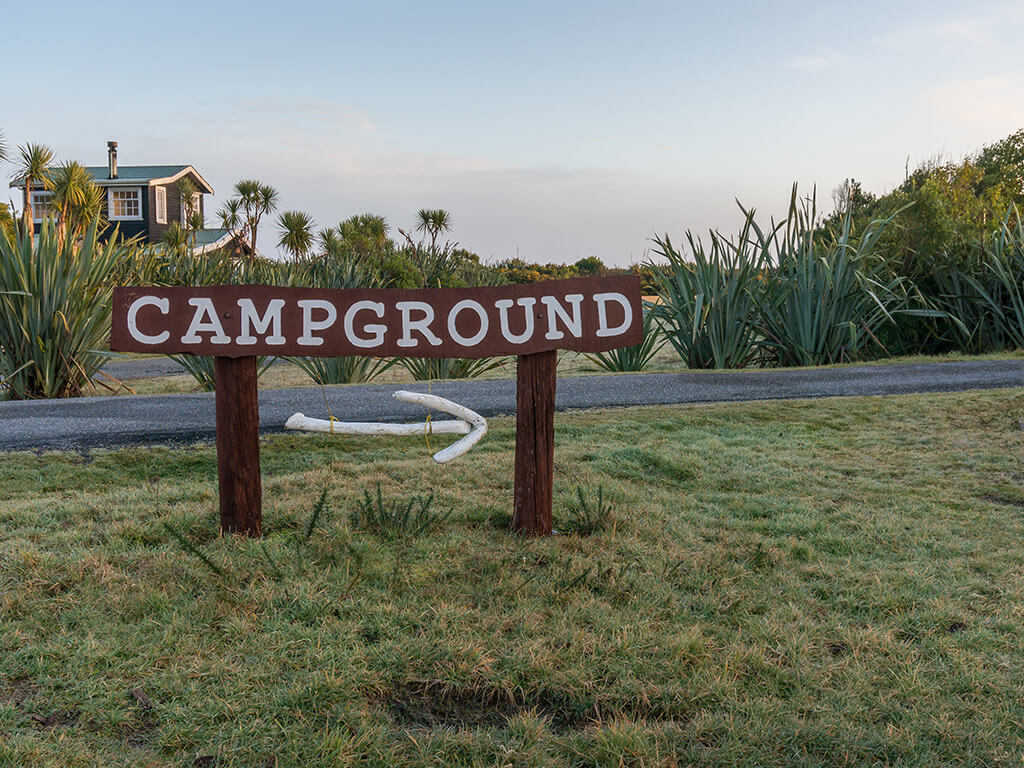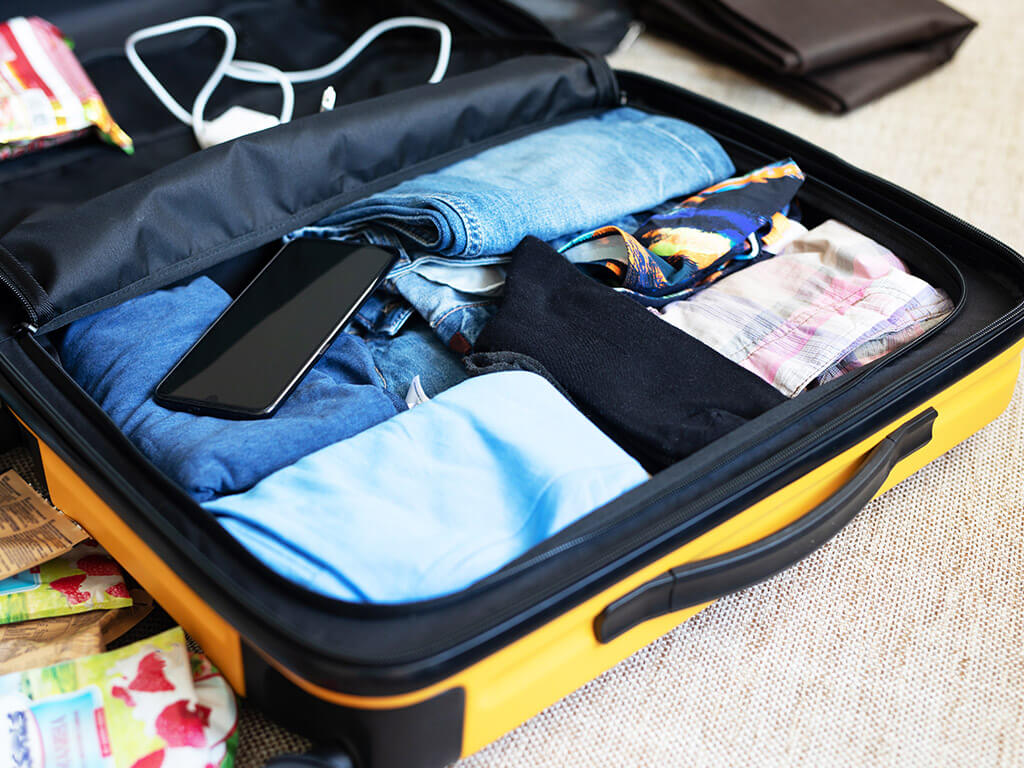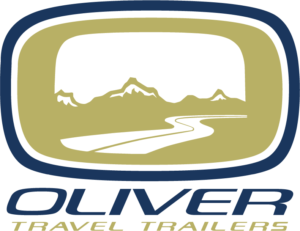It’s a Different World
The coronavirus has completely changed our culture, so when planning an RV trip, that must be considered. We want to help all travel trailer owners, especially the newer ones, to ensure their trips succeed! Here, we will outline some essential things for planning any mobile trip, especially during COVID-19, and we hope this information helps. With all of your planning, you need to also rate your level of susceptibility to and fear of the coronavirus and add those considerations into your planning, aka checking for hotspots and avoiding them if necessary.
Begin by Picking Your Campsite and Planning Your Route

Since COVID is turning many jobs into “at home” jobs, many people can plan long trips that include many stops, which is why this is considered the first step. If you want to go to more than one campground, planning the route before picking the spots is essential, though choosing the spots can help prepare the route. Do you want to travel Route 66, hit certain national parks, or go up and down the East Coast? Then, you would build a route between your beginning and end destinations.
If you want to make a more straightforward trip and hit just one destination, then those trips are significantly more straightforward to plan but still require planning. It is important to also make safe routes for towing or motorhomes and RVs. For example, there are many ways to get to campsites in Zion, Utah, but some roads could be safer and more friendly to towing/ RVs, so it is vital to research that beforehand. When choosing routes, do you want to go the more scenic way or the way straight down the highway or through the city?
When planning trips, it is essential to consider your vehicle’s speed limits and capabilities. If Google Maps says you can get somewhere in 11 hours, you need to think that the map will use the speed limit to calculate that time, not the speed your vehicle can always handle. Plan to go about an average of 55 MPH. It is also important to remember that automated maps won’t include fill-up or bathroom/ meal and snack times; this also needs to be added to the total time of a drive.
If you want to be extra safe, having printed maps is always a great idea because technology is sometimes unreliable, and there may be spots where phone service could be better. Not having a non-digital map may be a problem. Lastly, if it’s a long drive to your destination, try planning places to visit in between to help break up the journey. Look online to find kitschy stops co, old meal stops, or areas with a unique history!
When planning your campsites, the BEST thing to do is to call your reservations as far in advance as possible. Sometimes, especially during these times, web information may not be updated, so if you don’t book a site and you show up, it may be closed or full.
Knowing if a campsite is the right one for you is also essential when looking at them. Check their websites and reviews online; always do your research! Do you need a full hookup for your travel trailer? Will your motorhome fit in their spots? Do their sites have room for pop-outs? Is there a sewage dump on-site? Is that even something you’re worried about? These are a small portion of the questions that you need to ask yourself when preparing and looking for campsites.
Some places have full amenities like pools, games, mini-golfs, and hookups, whereas others boondock in dirt lots. Making a budget for your trip to include gas and more along your route and what you spend at a campsite is very important. Planning trips like these help save time and money, and there is less of a headache and fewer mistakes to make along the way. Some apps to help with finding campgrounds you can check these out:
- Allstays – Website & Mobile App
- Roadtrippers – Website & Mobile App
- RV Parking – Website & Mobile App
- Campendium – Website only
- Camping Road Trip – Website & Mobile App
- US Campgrounds – Website & Mobile App
- RV Park Reviews – Website Only
- Tripadvisor – Website & Mobile App
- Yelp – Website & Mobile App
- KOA – Website only
What to Pack?

Another crucial part of planning is what you are going to pack. If your trip is based on seeing the national parks and hiking, you probably won’t need to bring many items to deter you from idle during the day. If your whole trip is planned in warmer areas, getting all your snow gear and snow chains is an unnecessary weight that will slow you down and waste space on your journey. To begin with, it is important what type and how long of a trip you are making.
If you are going around your state to try all the best eateries, packing many cooking supplies won’t be helpful or valuable. When packing, remember that this is your home on wheels for the time being, so you need bathroom and cooking supplies and sheets, pillows, and other typical things required for a home. It’s a case-by-case-case scenario of what to pack and what not to, so if you are worried about packing too much or too little, google search what to pack for ‘your destination’ or the weather for where you are going.
Important Tips

- Always know your electrical load. Your Travel Vehicle isn’t made to run every appliance simultaneously and can get RV users into a pickle if their power source trips from being overloaded. If your power is 50 amps and your heater, fridge, and phone/ computer are all 15 amps, running anything else might cause a big issue.
- Make sure all of your items are secure. When driving, things in your home on wheels can get tossed around, so it is best to be sure that everything is safe with bungee cords or curtain rods, and even child locks can be helpful.
- Always check the road and weather conditions to ensure a safe journey to your destination.
- Insurance is always a good idea, especially if you are renting. Better safe than sorry is a good motto to follow. It is also best to coordinate the type of insurance you are looking for with your budget.
- Making a checklist is also a good idea, especially when taking trips with multiple stops or destinations so that everything gets noticed and noticed.
- Trying to meal-prep for your trip is a great way to save on cooking time and mess. It can also help you organize and minimize the space used up in your fridge.
- When you return, reviewing your trip is a stellar way to ensure that your next trip will be even better than your last. Consider what worked, what didn’t, and what you wish you had done differently so that the next trip can be even more fun and seamless.
- If you are new to the Travel Trailer life, maybe starting with one destination that isn’t too far from your home is an excellent way to kick off your journey with the home on-the-road experience.
- If you are going on a long-haul trip, ensure you know how to fix minor issues with your rig. It’s best to have general knowledge if you get to an area where no service or help is far away.
- Ensure you always have emergency supplies like flashlights and water to stay ready for anything!


